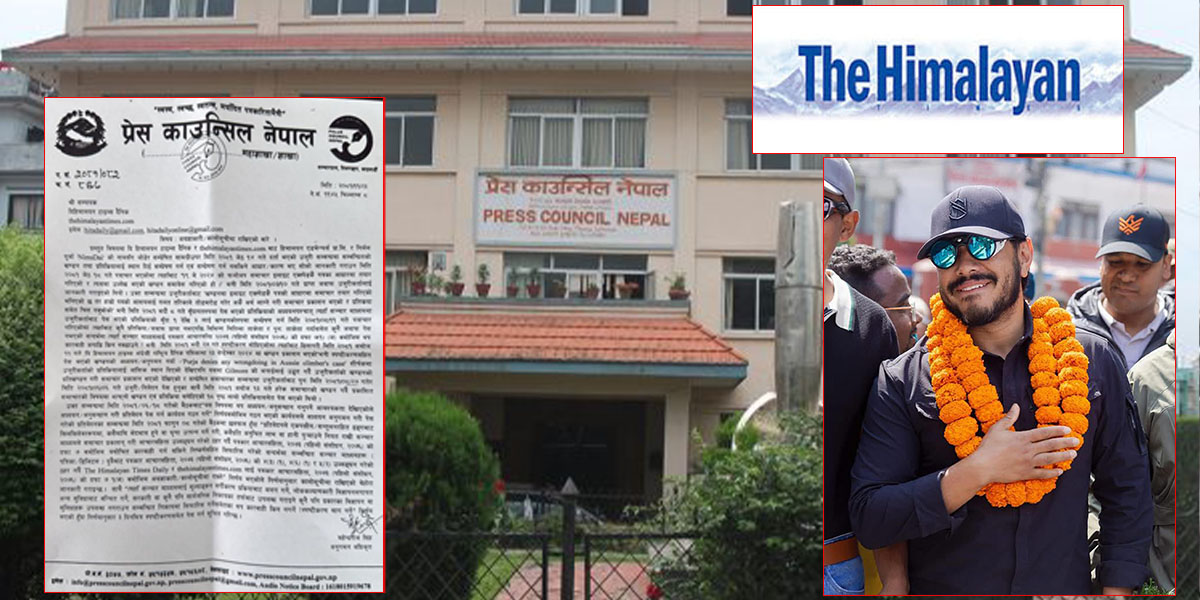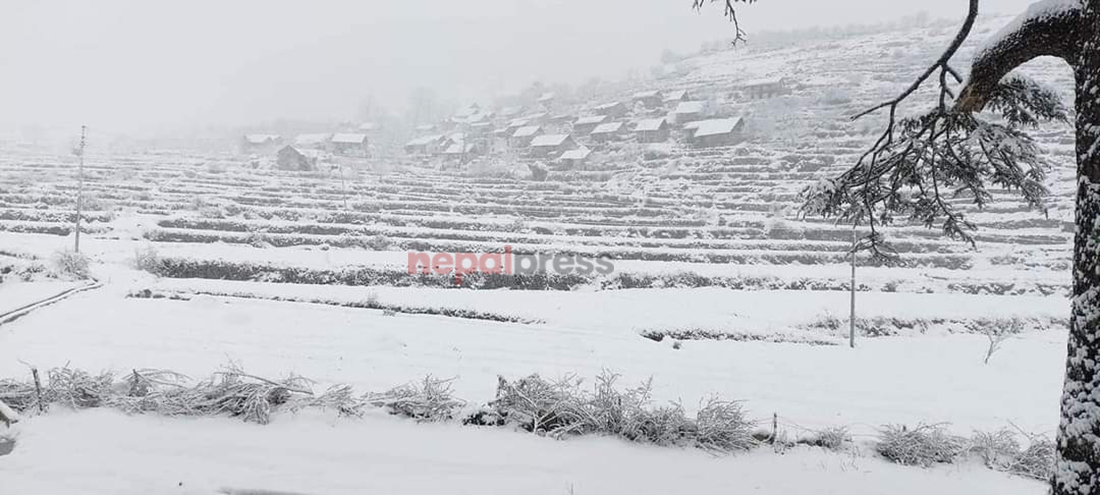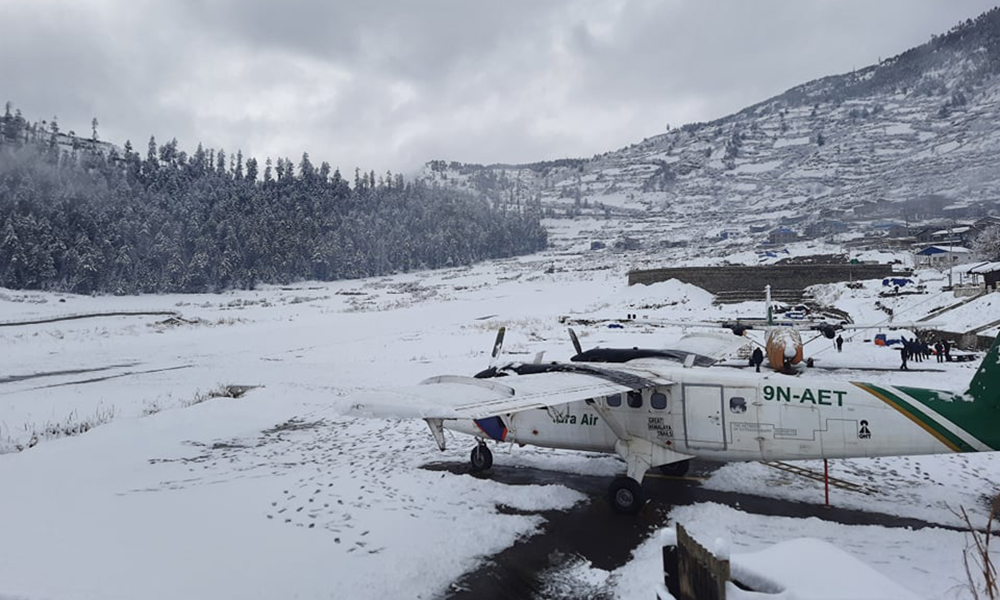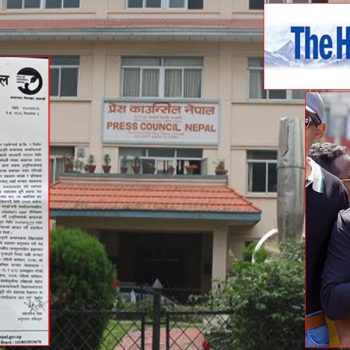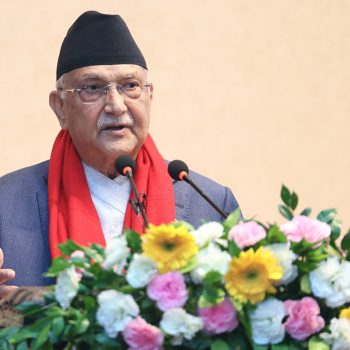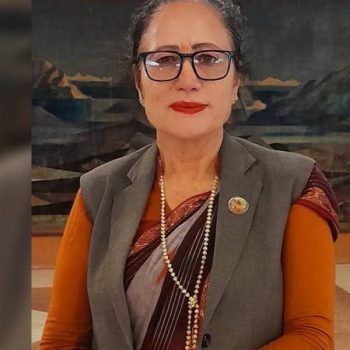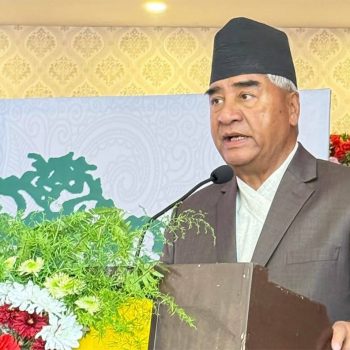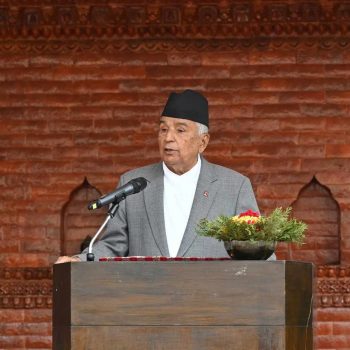Crisis in Legal Education: Urgent Action Required from Nepal Bar Council and Purbanchal University
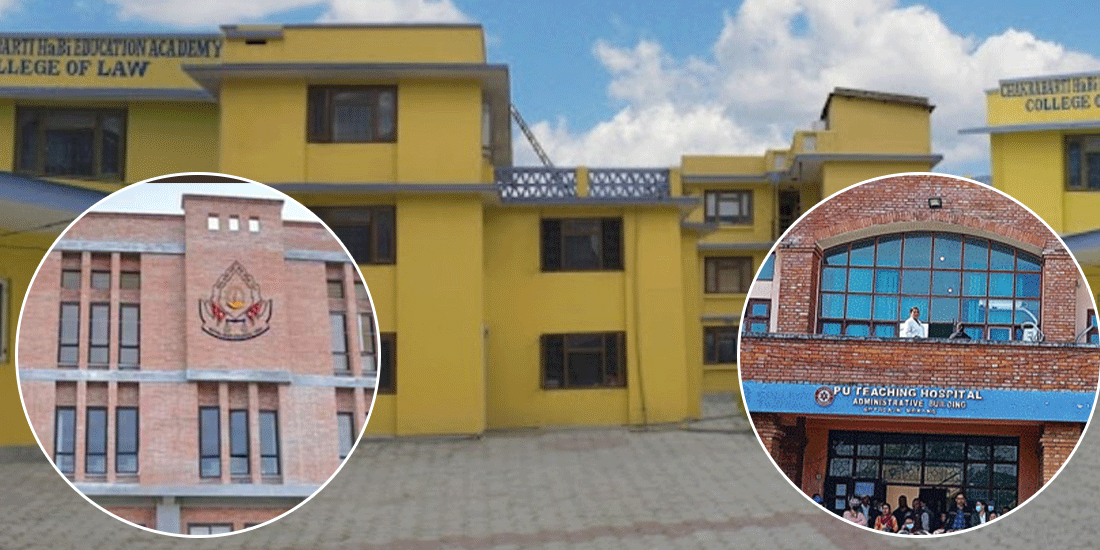
The recent expulsions at Chakrabarti Law College have brought the concerning state of Nepal legal education system to the forefront. The commercialization of students’ dreams and the negligence of their basic needs have created a pressing need for immediate action. This article emphasizes the imperative role of the Nepal Bar Council, Purbanchal University, and Chakrabarti HaBi Education Academy, College of Law itself in addressing the crisis. It calls for transparency, accountability, and collaborative efforts to rectify the existing issues and safeguard the rights of the students.

Admission Quota Violation and Fee Controversy:
Chakrabarti Law College, affiliated with Purvanchal University, has been admitting more students than the prescribed quota of 100 seats set by the university. This violation raises concerns about the integrity of the admission process and compromises the quality of education provided. Additionally, the college has charged significantly higher fees for the entrance exam compared to the fee set by the university, raising questions about financial transparency and fairness.


Absence of Leadership and Concentration of Power:
Chakrabarti HaBi Education Academy, College of Law has been operating without a principal for the past three years, with the owner, Devendra Bahadur Bhandari, assuming multiple roles within the institution. This concentration of power raises concerns about transparency, accountability, and the effective administration of the college. It is crucial to appoint a qualified and impartial leader to guide the institution and ensure fair practices.

Student Protests and College Response:
When students raised concerns about admission quotas and fees, Chakrabarti HaBi Education Academy, College of Law responded by shutting down the institution, suppressing the voices of the students. This oppressive behavior stifles dialogue and creates an environment of fear and intimidation. The college should engage in open communication with the students, address their legitimate grievances, and foster an atmosphere of respect and collaboration.



Legal Battles and Ongoing Issues:
Chakrabarti HaBi Education Academy, College of Law filed a petition at Biratnagar High Court to seek justice and protect student right to education for 78/29 batch,although the court ruled in favor of allowing the students to sit for exams and now the university is refusing to publish the results, undermining transparency and fairness. Furthermore, the college admitted an additional 300 students for the subsequent academic year, surpassing the allocated 100 seats, which demonstrates a blatant disregard for regulations.


Call for Immediate Action:
In light of the situation, it is imperative for the Nepal Bar Council, Purbanchal University, and Chakrabarti HaBi Education Academy, College of Law itself to take immediate and decisive action. The Nepal Bar Council should engage with students, address their concerns transparently, and enforce regulations to ensure quality legal education. Purbanchal University should release a comprehensive press statement addressing the expulsions, admission quota violation, and fee controversy, demonstrating their commitment to upholding educational standards and protecting students’ interests. Chakrabarti Law College should acknowledge their shortcomings, collaborate with regulatory bodies, and work towards rectifying the existing issues.
Proposed Solutions:
Legal Validity and Registration:
Purbanchal University should provide legal validity to the affected students of Chakrabarti HaBi Education Academy, College of Law, ensuring their educational journey is not hindered. This step would safeguard their rights and allow them to continue their studies without further complications.
Temporary Ban on New Student Enrollment:
To address the college’s blatant violation of admission quotas, Purbanchal University should impose a temporary ban on Chakrabarti Law College’s new student enrollment for a period of two years. This measure would serve as a deterrent and promote adherence to regulations while protecting the integrity of legal education.
Transparency and Accountability:
Chakrabarti HaBi Education Academy, College of Law should ensure transparency in the admission process and adhere to the prescribed admission quota. Financial practices should be fair and transparent, with fees aligning with the regulations set by the university.
Appointment of a Qualified Principal:
Chakrabarti HaBi Education Academy, College of Law should prioritize the appointment of a qualified principal who can lead the institution with transparency, accountability, and fairness. This step will ensure effective administration and foster a conducive learning environment.
Student Inclusion and Dialogue:
Chakrabarti HaBi Education Academy, College of Law should establish channels for open communication and meaningful dialogue with students. Their concerns and grievances should be heard, respected, and addressed through constructive measures.
Compliance with Regulations:
Regulatory bodies, such as the Nepal Bar Council and Purbanchal University, should enforce regulations and hold Chakrabarti HaBi Education Academy, College of Law accountable for their actions. Regular audits and oversight should be conducted to ensure adherence to educational standards and protect the rights of the students.
The crisis in Nepal legal education system demands urgent action and collaboration between the Nepal Bar Council, as the governing body responsible for legal education in Nepal, the Nepal Bar Council holds the power to regulate and oversee the operations of law colleges. Given the gravity of the crisis, it is crucial for the Bar Council to assert its authority and intervene in the affairs of Chakrabarti HaBi Education Academy, College of Law. The violation of admission quotas, exorbitant fees, and the suppression of student voices underscore the need for transparency, accountability, and student inclusion. The proposed solutions, including transparency in admission processes, appointment of a qualified principal, student dialogue, and regulatory compliance, provide a roadmap for rectifying the situation. It is crucial for all concerned parties to prioritize the well-being and rights of students pursuing legal education in Nepal, ensuring they receive a quality education in a fair and conducive environment.



